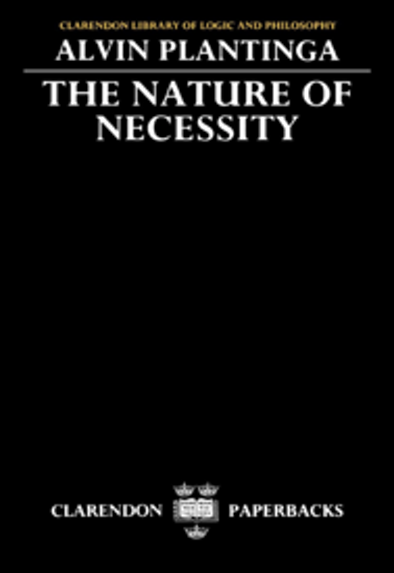Irises (Vincent Van Gogh)
Photo: J. Paul Getty Museum: JAC
We’ve decided to place this resource on Level 3 because it can be quite difficult and is not typically used as a tool for aiding apologists in the first two levels.
Modal logic, according to the Oxford Companion to Philosophy (p. 582), “......is concerned to understand propositions about what or about what might be the case....” The Cambridge Dictionary of Philosophy defines it, “....the study of the logic of the operators ‘it is possible that’ and ‘it is necessary that’. It can be difficult to understand without some background training in logic. For standard formal semantics of basic modal language, see Kripke and see this for possible world semantics.
We also want to recommend a faculty website of a colleague who has done some good work with modal logic in dealing with issues surrounding molinism (middle knowledge). I find his work very helpful in understanding basic terms in “possible world” language and some of the implications for theistic apologists.
See Dr. Edwin Chong’s links of interest page, slides 1, notes 1, slides 2.
For Christians, a seminal work on this subject was written in 1974 by Alvin Plantinga and is titled, The Nature of Necessity. It’s a dip into the deep end of the philosophical pool, but it’s my first and only recommendation for reading; we will re-address this issue in the level (section) on advanced problems:
 Plantinga, Alvin. The Nature of Necessity. Oxford, England: Oxford University Press, 1974.
Plantinga, Alvin. The Nature of Necessity. Oxford, England: Oxford University Press, 1974.